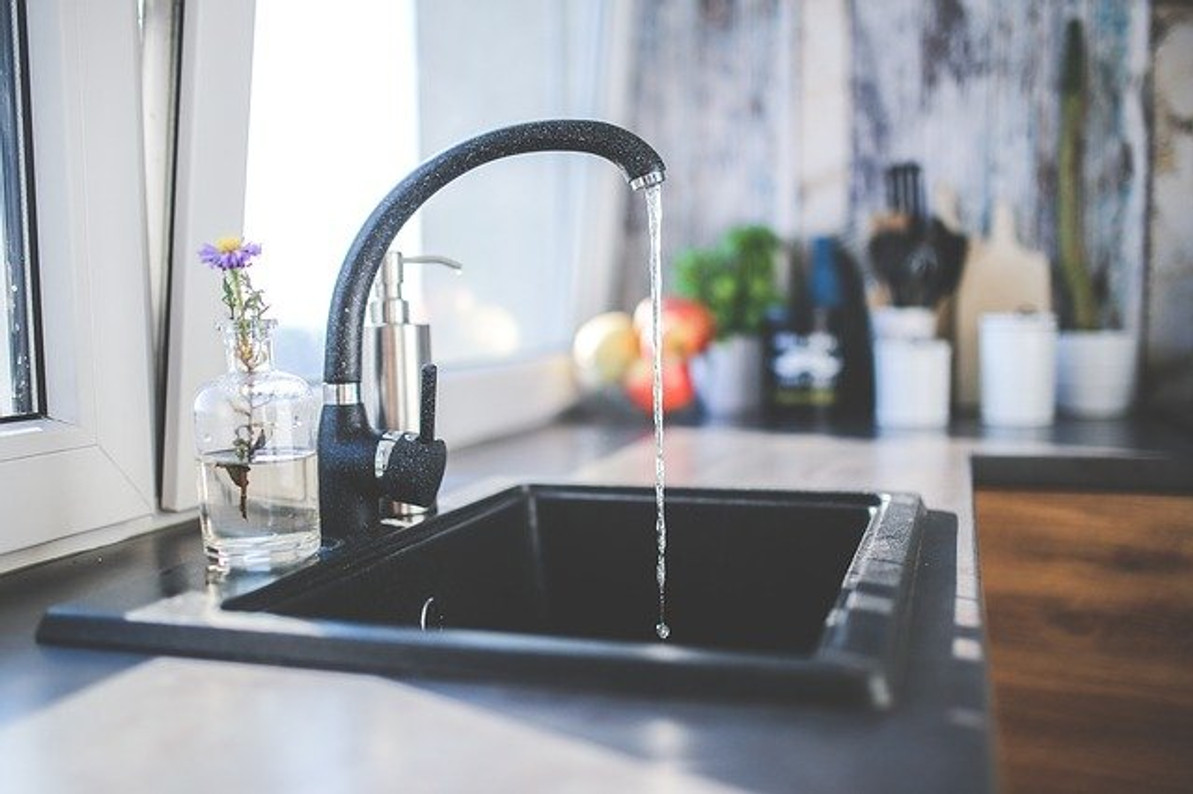The Dangers of a Rusted Water Heater
A functional water heater is something that many homeowners take for granted. Water heaters are designed to warm water before it's released out of the faucets or showerheads. If it fails, you may be stuck with cold water. Water heaters, however, can rust. If you notice any rust spots on your water heater, you may want to avoid using it.
Temperature Fluctuations
Depending on where the rust has formed, it may cause temperature fluctuations. Rust can form inside of the thermostat. The thermostat is a temperature-sensing device. It's designed to read the temperature of the water. Your water heater will then respond by warming the water if it's too cold.
As rust builds up inside of the thermostat, your water heater may experience temperature fluctuations. Rust will prevent the thermostat from sensing the correct temperature. As a result, your water heater may produce excessively hot water, or it may produce excessively cold water.
Leaking Water
You may notice water leaking from your water heater if it's rusted. Most water heaters feature a tank. They will store warm water inside of this tank until it's needed. Assuming you have a tank-style water heater, rust may cause it to leak water.
If the tank rusts, water will inevitably leak out of it. Your water heater will no longer contain warm water inside of the tank. Rust may eat through the tank, resulting in a breach that allows water to leak out of it.
Pressure Buildup
The greatest concern with a rusted water heater is pressure buildup. Water heaters generate pressure as a byproduct of their normal operations. When they warm water, they'll make the water both hotter and more pressurized.
Water heaters have safeguards in place to prevent pressure from building up. A valve, for instance, will bleed off excess pressure. But the presence of rust may interfere with the valve's ability to bleed off excess pressure. Pressure will then build up inside of the tank. If left unchecked, the tank may then explode.
Increased Energy Consumption
Rust can make your water less efficient. If you have a gas-powered water heater, rust may block the burner. A partially blocked burner means your water heater will have to consume more energy to warm the water.
Increased energy consumption will lead to higher energy costs. You'll end up spending more in utility bills. It's not a safety hazard like pressure buildup, but increased energy consumption can still take a toll on your wallet.
Recent Posts
-
Fire Safety in the Workplace: What You Need to Know
What steps are you taking to prevent fires in your workplace? According to the U.S. Occupational Saf …Aug 23rd 2023 -
Is It Safe to Go Jogging With a Cold Infection?
If you're suffering from a cold infection, you might be wondering whether it's safe to go jogging. T …Aug 22nd 2023 -
5 Safety Tips to Follow When Using a Powder-Actuated Tool
Powder-actuated tools are commonly used to join materials to steel and concrete. Also known as Hilti …Aug 20th 2023




